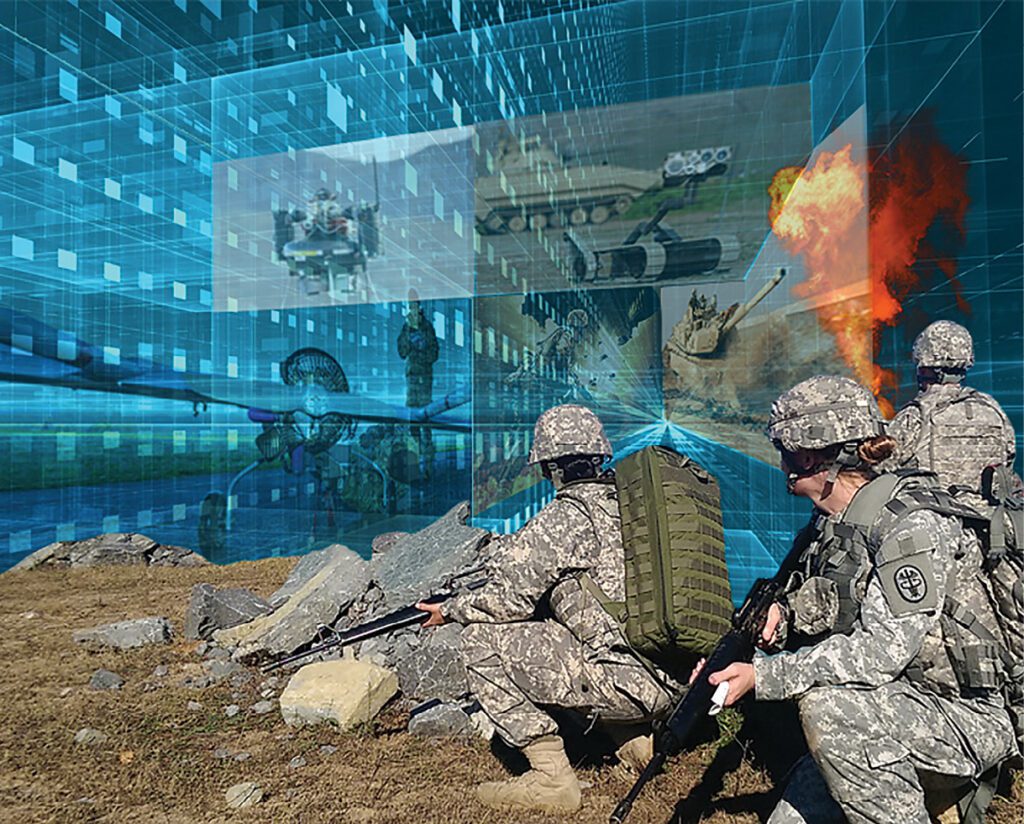Military personnel are often faced with difficult decisions on the battlefield, where the stakes are high. In these situations, it is crucial for military ethics to guide decision-making processes. Military ethics involve values and principles that help ensure that actions and decisions are made in a morally and ethically appropriate manner. Upholding military ethics not only builds trust and credibility with the public but also fosters a sense of accountability and responsibility within the military ranks. Despite challenges such as moral ambiguity and operational constraints, strategies like training, leadership, and ethical decision-making tools can help military personnel uphold ethical standards on the battlefield. Ultimately, military ethics play a central role in guiding decision-making processes and ensuring that actions align with principles of respect, integrity, responsibility, and justice.
The Role of Military Ethics in Decision Making on the Battlefield
When it comes to making decisions on the battlefield, military personnel are faced with difficult and often life-or-death choices. In these high-stress situations, it is crucial that military ethics play a central role in guiding decision-making processes. Military ethics encompass a set of values and principles that help guide military personnel in their actions and decisions, ensuring that they act in a morally and ethically appropriate manner.
Importance of Military Ethics
At its core, military ethics are essential for maintaining the trust and respect of the civilian population, as well as upholding the values and principles of the military organization. When military personnel adhere to ethical standards, they demonstrate a commitment to doing what is right and just, even in the face of adversity. This not only builds trust and credibility with the public but also helps foster a sense of accountability and responsibility within the military ranks.
Guiding Principles of Military Ethics
There are several guiding principles of military ethics that serve as a framework for decision-making on the battlefield. These principles include:
- Respect for Human Dignity: Military personnel must always treat civilians, prisoners of war, and enemy combatants with respect, dignity, and fairness.
- Integrity: Military personnel must act with honesty, fairness, and transparency in all their actions and decisions.
- Responsibility: Military personnel must take responsibility for their actions and decisions, ensuring that they align with established laws and principles.
- Justice: Military personnel must act in a just and equitable manner, ensuring that all individuals are treated fairly and without discrimination.
Challenges of Applying Military Ethics on the Battlefield
While military ethics provide a solid foundation for decision-making on the battlefield, there are several challenges that military personnel may face when applying these principles in real-world scenarios. These challenges include:
- Moral Ambiguity: In high-stress situations, it can be difficult to determine the morally right course of action, leading to ethical dilemmas and conflicting priorities.
- Operational Constraints: Military personnel may face constraints such as time pressure, resource limitations, and conflicting orders that can make it challenging to uphold ethical standards.
- Peer Pressure: In group settings, military personnel may face peer pressure to act in ways that go against their ethical values, making it difficult to maintain integrity and fairness.
Strategies for Upholding Military Ethics on the Battlefield
Despite these challenges, there are several strategies that military personnel can employ to uphold military ethics on the battlefield. These strategies include:
- Training and Education: Providing military personnel with ethical training and education can help them develop the critical thinking skills and moral reasoning needed to make ethical decisions in high-stress situations.
- Leadership and Accountability: Strong leadership that emphasizes ethical values and holds personnel accountable for their actions can help create a culture of integrity and responsibility within the military ranks.
- Ethical Decision-Making Tools: Providing military personnel with tools and guidelines for ethical decision-making can help them navigate complex moral dilemmas and make informed choices that align with military ethics.
Conclusion
As military personnel are frequently faced with difficult and complex decisions on the battlefield, it is essential that military ethics play a central role in guiding decision-making processes. By adhering to principles such as respect, integrity, responsibility, and justice, military personnel can ensure that they act in a morally and ethically appropriate manner, even in the face of adversity. Upholding military ethics not only helps maintain the trust and respect of the civilian population but also fosters a sense of accountability, responsibility, and integrity within the military ranks.
